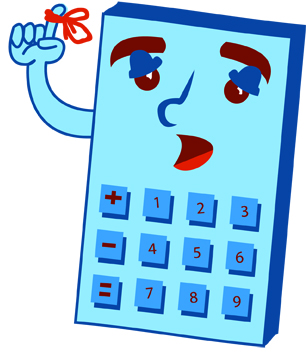
Emotional recovery hastened by alcohol:
Got a really tough semester ahead of you? Lay off the drinking or you may still have nightmares about it years from now. A recent experiment sought to investigate the effect of alcohol on the recovery time of mice when exposed to trauma. The researchers took two groups of mice — one exposed to alcohol and one not — and trained them all to associate a specific tone with an electric shock. Once the association had been clearly established, the researchers presented the mice with that same tone but removed the accompanying pain. They discovered that the mice that hadn’t been given alcohol eventually stopped fearing the sound, but those who had been drinking continued to react to it long after the scientists had stopped shocking them.
Fear Can Lead to More Deaths:
Like a ripple through the pond, the terrorist attacks of Sept. 11 had lasting impacts on our nation’s politics as well as our psyche. A new paper published in Psychological Science investigates one of these ripples in the form of road accidents that took place in the three months following the attacks. Presumably out of fear of flying, there was an increase in the amount of driving during these three months. However, the authors of the paper show that it wasn’t just fear, but convenience as well. Areas close to New York City, for instance, didn’t show a large increase in the amount of traffic, despite the fact that New Yorkers felt more of an impact than those in other parts of the country. The reason for this, as demonstrated by the authors, is that there weren’t enough available roads to lead to a significant increase in driving. In other words, a major event can affect other parts of our life, but only if the environment we live in supports such a change.
Better Vaccines:
A group of researchers have uncovered information regarding the body’s immune response that could be used to manufacture fast-acting vaccines in the future. Our previous understanding was that, when faced with infection, the body has cells to identify the specific infection and stimulate the production of perfectly matched cells to fight it. However, the new research reveals that, prior to that process, the body issues a “first response,” which sends everything the body has at a given infection, effectively shooting first and asking questions later. While the details still need to be worked out, the implications could be enormous for developing better and faster-acting vaccinations.
Magic Carpet Watches Your Step for You:
University of Manchester scientists have demonstrated a new “magic carpet,” which maps the steps of its users. Made from plastic optical fibers, it can be placed under normal carpeting, bend with each step a user takes and then send the signals to a computer. The researchers suggest that could be installed in the floors of retirement community homes and hooked into a localized system, where it would be used to alert medical authorities if somebody has taken a fall and needs immediate assistance. Currently, such falls account for 50 percent of admissions to hospitals for those over 65.
Math and Memory:
The posterior medial cortex, or PMC, is an area located toward the back of the brain known to be important for introspection. Unfortunately, due to its location and the nature of its impulses, the region has been difficult to monitor using conventional methods. Fortunately, researchers recently had an opportunity to investigate the PMC with better detail by recruiting epileptic volunteers who were being evaluated for brain surgery. Part of the evaluation involves a somewhat invasive procedure where doctors implant electrodes within the patient’s skull to monitor brain activity. The researchers took advantage of these electrodes to specifically monitor the PMC. Through this monitoring, they discovered the PMC was heavily active when patients were asked to recall events from their past, but repressed when patients were asked to perform mathematical calculations. The experiment strongly suggests the brain cannot both remember something and do mathematical thinking at the same time, because the conflicting activations and suppressions can’t occur simultaneously.
Printed on Thursday, September 6th, 2012 as: Curius Findings















